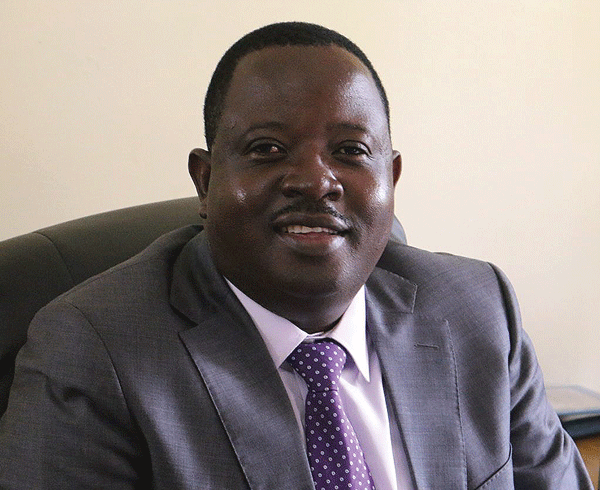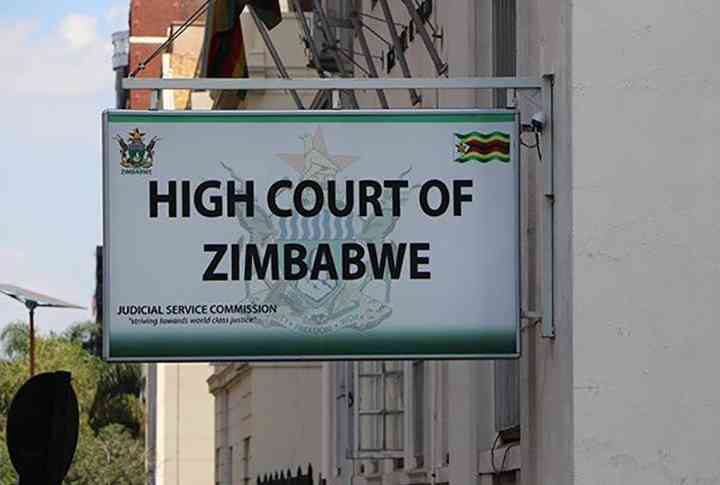
BY LORRAINE MUROMO
MEDICAL experts yesterday attributed the continued rise in COVID-19 cases in the rural areas to ineffective information dissemination in remote areas.
They said villagers could be making mistakes in handling COVID-19 cases as they are not conversant with home-based healthcare.
Community Working Group on Health (CWGH) executive director Itai Rusike told NewsDay that there is a serious information gap, with rural communities denied access to COVID-19 information.
“Sadly, the lack of COVID-19 vaccine information in rural communities has resulted in the rise in misinformation, science denialism, anti-vaccine sentiments, and vaccine hesitancy that is now contributing to the spike in new COVID-19 cases, hospitalisation and deaths,”Rusike said.
“Unfortunately, most of the health institutions in rural communities are not equipped to deal with severe COVID-19 conditions that are now wreaking havoc in the rural communities as the rural health facilities do not have intensive care units, ventilators and specialist doctors like those at central hospitals,” he said.
Some of the rural areas in Zimbabwe that have become COVID-19 hotspots include Hurungwe and Kariba in Mashonaland West provinces.
Rusike said in order for the country to achieve 60% herd immunity, urgent widespread communication to rural areas was required, including countering disinformation and misinformation through education campaigns.
- Chamisa under fire over US$120K donation
- Mavhunga puts DeMbare into Chibuku quarterfinals
- Pension funds bet on Cabora Bassa oilfields
- Councils defy govt fire tender directive
Keep Reading
He also said the country needed to address health human resource challenges, and shortages of medical equipment at health institutions.
Senior Hospital Doctors Association president Shingai Nyaguse said: “We need to reinforce the prevention protocols; especially the issue that people must not attend funerals. We just have to keep encouraging people to get vaccinated.
“At the same time, there is need for strengthening case management and referral pathways by ensuring hospitals and clinicians at rural treatment and isolation centres are capacitated with all that they need.”
Medical and Dental Private Practitioners Association of Zimbabwe (MDPPAZ) president Johannes Marisa said rural people were still attached to traditional practices, hence exposure to infection.
“At funerals, they still want to shake hands and they don’t know the common symptoms of the virus. This results in late presentation.
“They believe in witchcraft and believe in a lot of theories. They also don’t appreciate the importance of public health vaccination because some still think it’s for the younger generation. In order to reduce the gravity, there should be a lot of rural area campaigns in order to equip people with the necessary knowledge to combat the spread of COVID-19,” Marisa said.
Follow Lorraine on Twitter @RMuromo










